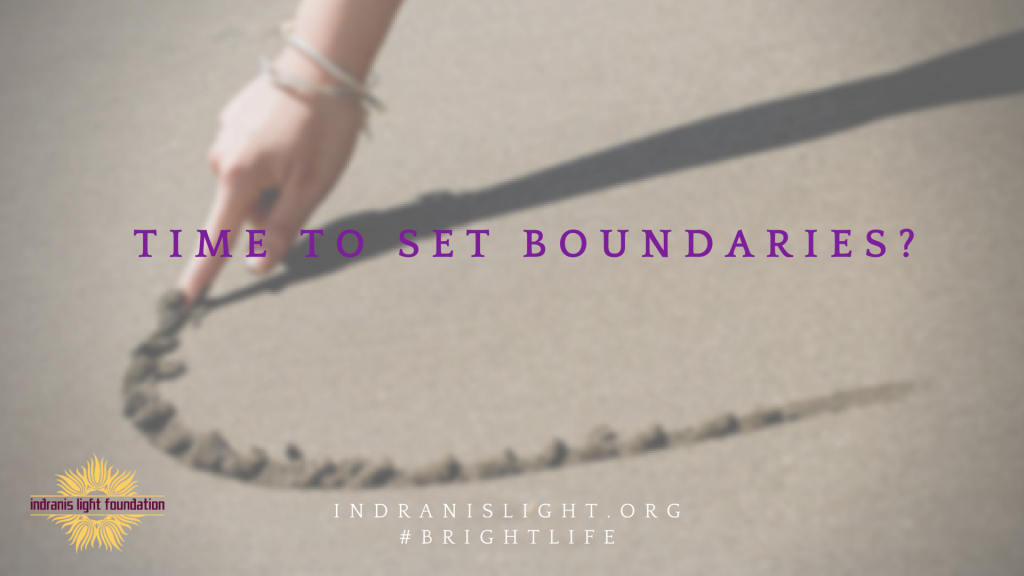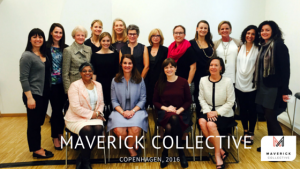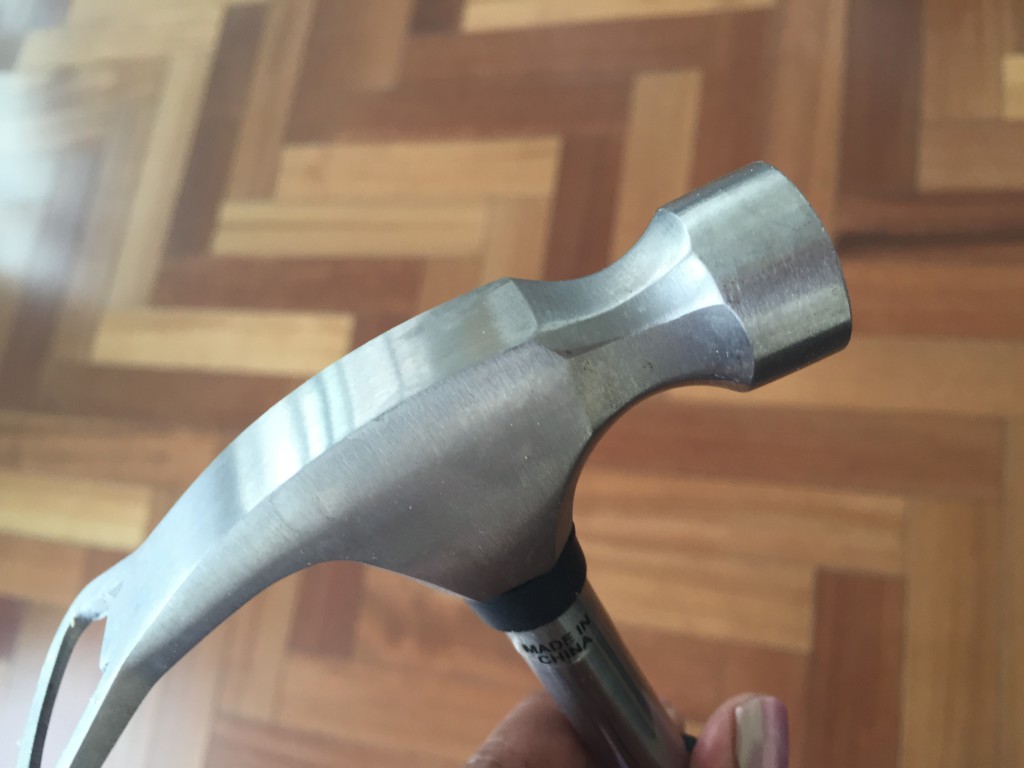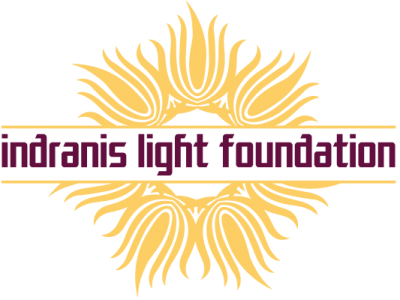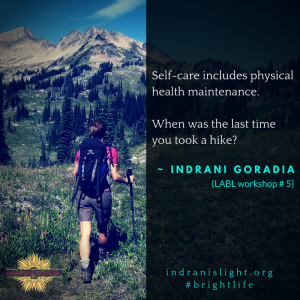 SELF-CARE is personal, physical, and mental health maintenance. It is any activity of an individual, family, or community with the intention of improving or restoring health, or treating or preventing disease. It is about taking the time out to restore oneself.
SELF-CARE is personal, physical, and mental health maintenance. It is any activity of an individual, family, or community with the intention of improving or restoring health, or treating or preventing disease. It is about taking the time out to restore oneself.
As women, (and especially as mothers), we are often taught to take care of everyone but ourselves. Our lives are full, the needs of others are many; the result is that we tap our energy stores to serve others until we are literally bankrupt – physically, emotionally, and psychologically.
Here are some ways you might find relief:
- Take a walk.
- Read.
- Take a bath.
- Read a story to my children.
- Watch a funny movie.
- Work in my garden.
- Exercise.
- Become active in my community.
If you are struggling with taking care of yourself, and unable to get motivated, please let us help you. Our Live A Brighter Life online workshop series is completely FREE, and it can be anonymous if you need to attend privately. It’s worth every minute! Isn’t it time to THRIVE is life, and not just SURVIVE?
Join us this summer for our 6-week Live A Brighter Life Online weekly workshop series starting Thursday, June 30th. It’s that easy. Click here for all of the details and a way to sign up.
With Love & Light,
Team ILF
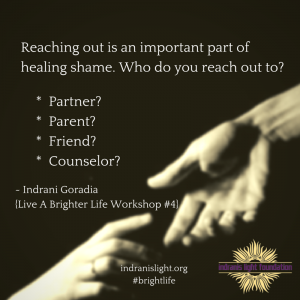 When you feel shamed or humiliated, who do you reach out to? In our Live A Brighter Life curriculum, we teach a workshop called, “Shame Resilience.” It’s so important that we learn how to recover from shame.
When you feel shamed or humiliated, who do you reach out to? In our Live A Brighter Life curriculum, we teach a workshop called, “Shame Resilience.” It’s so important that we learn how to recover from shame.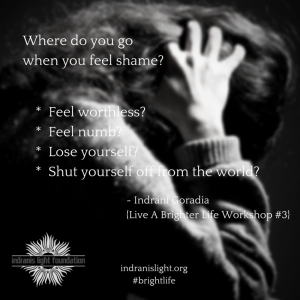 So where do you go when you feel shame?
So where do you go when you feel shame?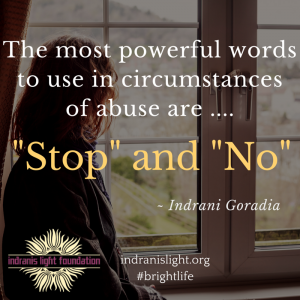 The most powerful words to use in circumstances of abuse are “Stop” and “No.” In our Live A Brighter Life workshops, we are teaching women in abusive situations HOW to say “No” to abuse. Here are some examples we teach:
The most powerful words to use in circumstances of abuse are “Stop” and “No.” In our Live A Brighter Life workshops, we are teaching women in abusive situations HOW to say “No” to abuse. Here are some examples we teach: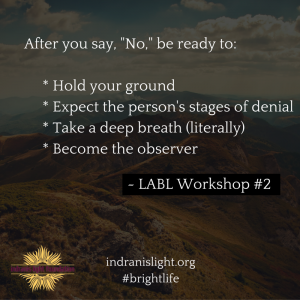 Once you learn and practice new techniques on HOW to say “No,” now you need to make sure you can manage the reaction you will receive from others, now that you’ve said the word “No.” Here are the tools:
Once you learn and practice new techniques on HOW to say “No,” now you need to make sure you can manage the reaction you will receive from others, now that you’ve said the word “No.” Here are the tools: At Indrani’s Light Foundation, we teach the Live A Brighter Life workshop series. In the second module we teach tools about HOW to say, “No.” We talk about “The 3 A’s.” Accommodate, attack, and avoid.
At Indrani’s Light Foundation, we teach the Live A Brighter Life workshop series. In the second module we teach tools about HOW to say, “No.” We talk about “The 3 A’s.” Accommodate, attack, and avoid.